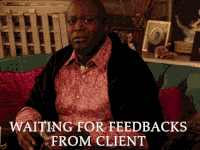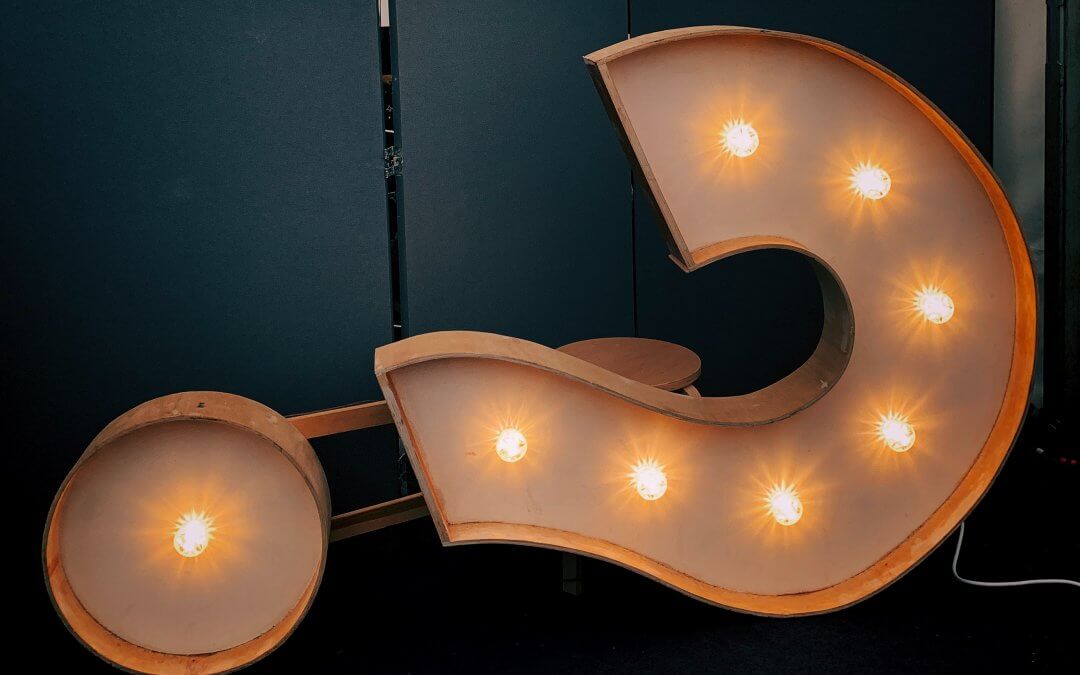Table of Contents
CRO surveys are surveys that we conduct with our visitors and buyers. They allow us to minimize friction points and thus improve the conversion rate of our site.
What is CRO (Conversion Rate Optimization)?
C.R.O. stands for Conversion Rate Optimisation. Clearly, the CRO is about optimizing and maximizing the conversion rates of potential customers (visits to your page) into customers.
“You don’t have generic problems, you have specific problems.”
Peep Laja
The CRO is becoming increasingly important, as there are a growing number of tools and techniques to generate sales, and at the same time there is strong pressure to optimize the resources at our disposal (time and money).
The CRO is a complex process, aimed at solving specific problems; it includes a wide variety of tasks and specialities:
- Technical analysis, where we make sure that no technical problem can create conversion problems.
- Audit your Google Analytics account, to make sure the data you get is not contaminated by faulty integration.
- Heuristic analysis, where our team checks the design and structure of the pages for potential points of friction.strong,
- Heat map, Click map, Session recordings (display of user behaviour on a web page), for example, with tools like HotJar.com, CrazyEgg.com
- A/B Testof web pages (test 2 versions of landing pages / sites): Google Optimize, Convert.com,…
- User surveys with survey solutions such as Hotjar.com or TypeForm
User surveys with survey solutions such as Hotjar.com or TypeFormIn the case of surveys, we obtain qualitative data that we analyse to create a qualitative report. For example, it is possible that to express doubts about the cost of transport, your users talk about “cost of carriage”, “freight”, “transport”, etc.
Because we try to solve unique problems, we can focus on different audiences; the non-buying visitors and the buyers. Thus, we will be able to know the specific points of friction and propose appropriate solutions for each stage of our customers.
CRO surveys: much more value than it seems
There are several methods for collecting data on your customers’ opinions. From analysis of support messages (email, chat) to tests with selected users. Surveys allow us to obtain information from real users, and in an efficient way (both in terms of time and investment).

Attention: You have to be willing to hear negative things.
Sometimes you may be surprised by their answers; you may even be offended by some of their comments. Remember that surveys, well done, have a very clear objective: to improve the conversion of your page.
Leaving your pride aside, you will be able to make important decisions, which will really have an impact on your visitors and customers.
A secret: Open questions.
The value of the answers your clients leave you is proportional to the relevance of your questions. To unwise questions, useless answers. Therefore, in many cases we prefer open questions to closed questions. For example, we will get better results by asking “What does [TU MARCA] represent for you” than with a multiple choice question like “[TU MARCA] for you is: 1. By leaving the person who answers free, you’ll be closer to reality.
On the other hand, closed questions are recommended if our objective is to know the preferences between 2 clear options; for example, to know the preferences of use of social networks (Facebook, Instagram, TikTok, etc ). One of the advantages of a closed-ended question is that its processing to obtain quantitative data will be much easier.
Buyer surveys for CRO
Objectives:
When surveying our buying customers, we can discover several opportunities to improve conversion:
- Who are they? What are their tastes?
- Is the image they have of our brand the one we want?
- What do they want to solve using our product/service?
- Have they had trouble making their purchase? Which?
- Have they had unanswered questions before their purchase?
- Do they use other brands? Which?
- Their free comments
Advantages:
As you can by the questions, we will be able to obtain very valuable information regarding our service, our brand, our buyers (perfect for creating User Persona), or our competitors.
Disadvantages:
Since this is a voluntary and free survey, you will have to have some patience to arrive at a useful amount of answers. About 250 responses are usually recommended before moving on to data analysis.

Another disadvantage, if you proceed to survey only your buyers, is that the responses will tend to be positive; after all, they just bought, they are more likely to have enough confidence in you already.
Examples of questions to our buyers:
- What can you tell us about yourself?
- What information is missing or would facilitate your decision to buy?
- Have you thought about other brands before you bought here?
- What is your biggest fear or concern to buy here?
- What does [TUMARCA] mean to you?
- Were you able to complete the purpose of your visit today?
- What have convinced you to buy in our store?
- Have you had trouble completing your purchase?
- Did you find all the information you were looking for?
- If you didn’t make a purchase today, what stopped you?
- Any comments you want to share with us?
CRO surveys for non-buyers

Objective:
We want to discover the reasons that turned out to be a brake when buying in our online shop. Solving those problems will almost certainly have a positive impact on your conversion rate. Some of the questions will be similar to the ones we asked the buyers, while others will focus on the fact that they did not buy:
- Who are they? What are their tastes?
- Is the image they have of our brand the one we want?
- Why are they visiting us?
- What do they want to solve using our product/service?
- They didn’t buy. Why?
- Have they had unanswered questions before their purchase?
- Do they use other brands? Which?
- What did they expect to find on our site?
- Their free comments
Advantages:
Surveys of non-buying users are often more difficult, but the answers can give you even more valuable information.
You will have answers from people who have not yet given you their full trust or who are not totally convinced by your service or product.
Disadvantages:
As with questions to buyers, patience is paramount; we will have to wait for our 250 answers.
As this is a survey of people who have not bought, their responses may be a little more negative; it is important to treat these data with the same interest if not more than the buyers’ responses.
Examples of questions for non-buyers
- What can you tell us about yourself?
- What information is missing or would facilitate your decision to buy?
- Have you thought about other brands before you bought here?
- What is your biggest fear or concern to buy here?
- Is there anything about our payment process that can be improved?
- What does [TUMARCA] mean to you?
- Have you had trouble completing your purchase?
- Did you find all the information you were looking for?
- You didn’t make a purchase today, what stopped you from doing so?
- Any comments you want to share with us?
Survey tools for CROs
For survey management, there are several very interesting tools; we usually use the following:
As for the treatment of the answers, apart from a spreadsheet program (Excel, Google Sheet), the main tool will be your brain (or that of some specialist).


